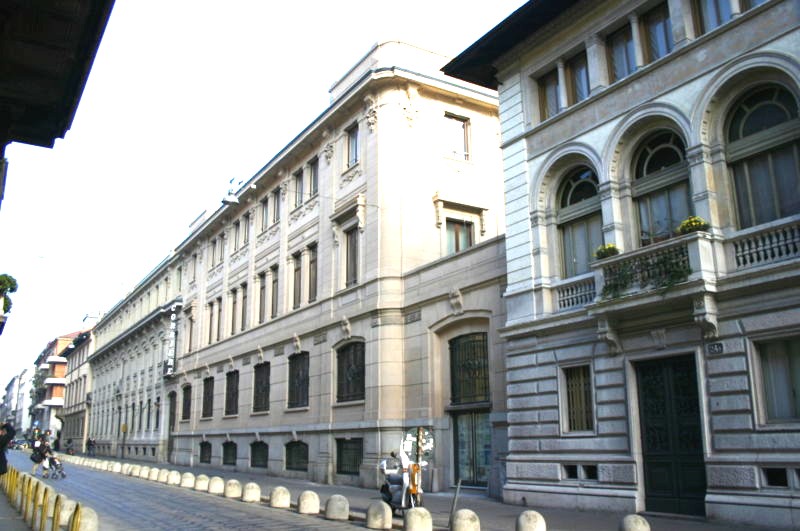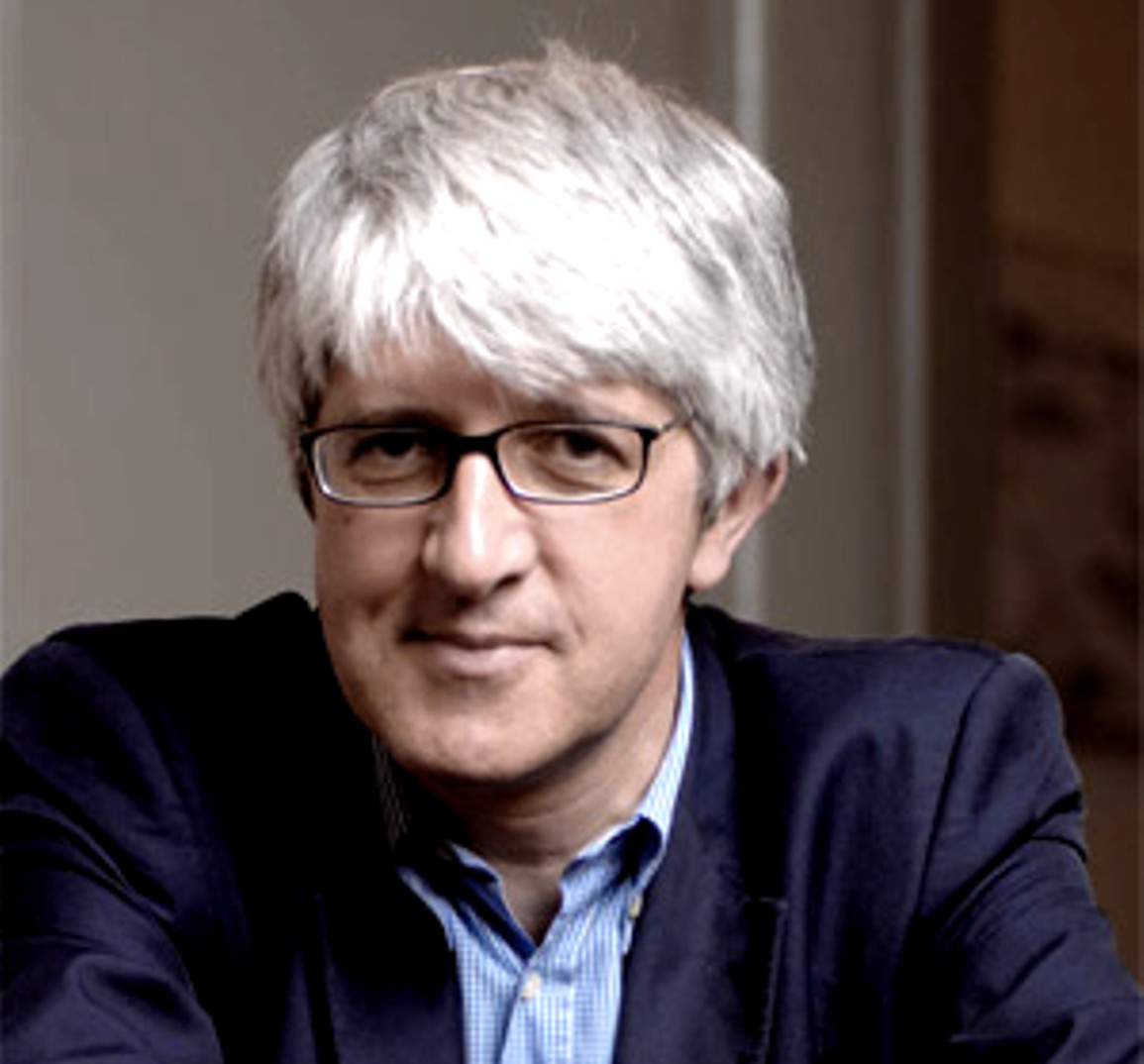
Category: 32 No-PR hoax
Tuesday, December 08, 2009
Most Important Italian Paper Balks At The Attempts In US At Intimidation
Posted by Commissario Montalbano

[Above: The Corriere Della Sera building in Milan]
The Corriere Della Sera is the Italian equivalent of the New York Times and the London Times.
It wields huge influence throughout Italy and reflects the popular mood in its reporting. It does NOT like the campaign of vilification against the trial and its outcome. Here is a translation of today’s blast by Beppe Severgnini.
The do-it-yourself verdicts and that wrongful U.S.A. cheering
Many Americans criticize the ruling, but have never followed the case. Why do they do that?
Judicial nationalism and media justice, when put together, form a deadly cocktail. We also have Reader-patriots and journalist-judges ourselves, but what is happening in the United States after the conviction of Amanda Knox, is embarrassing. Therefore it is highly worth pondered upon.
American television, newspapers and websites are convinced that Amanda is innocent. Why? No one knows. Did they follow all of the trial? Did they evaluate the evidence? Did they hear the witnesses who, moreover, testified in Italian? Of course not! They just decided so: and that’s enough.
Like Lombroso’s*** proselytes: a girl that is so pretty, and what’s more, American, cannot possibly be guilty. No wonder Hillary Clinton is now interested in the case: she’s a politician, and cannot ignore the national mood.
There are, as I wrote at the beginning, two aspects of the issue. One is judicial nationalism, which is triggered when “a passport is more significant than an alibi” as noted in yesterday’s Corriere’s editorial by Guido Olimpio. The United States tend to always defend its citizens (Cermis tragedy, the killing of Calipari) and shows distrust of any foreign jurisdiction (hence the failure to ratify the International Criminal Court). In the case of Italy, at play are also the long almost biblical timespans of our justice, for which we’ve been repeatedly criticized at the European level.
But there is a second aspect, just as serious as the first: the media justice operation. Or better: a passion for the do-it-yourself trial. It’s not just in the United States that it happens, but these days it is precisely there that we must look, if we want to understand its methods and its consequences.
Timothy Egan - a New York Times columnist, based in Seattle, therefore from the same city of Amanda - writes that the ruling “has little to do with the evidence and a lot with the ancient Italian custom of saving face.” And then: “The verdict should have nothing to do with medieval superstitions, projections sexual fantasies, satanic fantasies or the honor of prosecuting magistrates. If you only apply the standard of law, the verdict would be obvious “.
But obvious to whom? Egan ““ I’ll give it to him - knows the case. But he seems determined, like many fellow citizens, to find supporting evidence for a ruling that, in his head, has already been issued: Amanda is innocent. In June - the process was half-way - he had already written “An innocent abroad” (a title borrowed from Mark Twain, who perhaps would not have approved this use).
To be sure, among the 460 reader comments, many are full of reasonable doubt and dislike journalists who start from the conclusion and then try in every way to prove it.
I did not know if Amanda Knox was guilty. In fact, I did not know until Saturday, December 5, when a jury convicted her. I do have the habit of respecting court judgments, and then it does not take a law degree ““ which I happen to have, unlike Mr. Egan - to know how a Court of Assizes works.
It is inconceivable that the jurors in Perugia have decided to condemn a girl if they had any reasonable doubt. We accept the verdict, the American media does not. But turning a sentence into an opportunity to unleash dramatic nationalistic cheering and prejudice is not a good service to the cause of truth or to the understanding between peoples.
A public lynching, a witch hunt trial? I repeat: what do our American friends know? How much information do those who condemn Italy on the internet possess? How much have those who wrote to our Embassy in Washington, who accused the magistrates in Perugia, and who are ready to swear on Amanda’s innocence, studied this case for past two years?
Have they studied the evidence, assessed the experts’ testimony, or heard the witnesses of a trial that was much (too) long? No, I suppose. Why judge the judges, then?
They resent preventive detention? We don’t like it either, especially when prolonged (Amanda and Raffaele have spent two years in prison before the sentence). But it is part of our system: in special cases, the defendant must await trial while in jail.
What should we say, then, about the death penalty in America? We do not agree with it, but we accept that in the U.S. it is the law, supported by the majority of citizens. A criminal, no matter which passport he has in his pocket, if he commits a murder in Texas, knows what he risks.
Before closing, a final, obligatory point: I also did not like the anti-Amanda crusade in the British media, for the same reasons. The nationality of Meredith, the victim, does not justify such an attitude.
For once - can I say it? - We Italians have behaved the best. We waited for and now we respect the ruling, pending further appeal.
I wish we Italians behaved like that with all other high profile crimes in our country - from Garlasco’s case and on - instead of staging trials on television and spewing verdicts from our couch.
***Note: Cesare Lombroso, was a 19th century Italian criminologist who postulated that criminality was inherited, and that someone “born criminal”’ could be identified by physical defects.
[Below: the distinguished Italian columnist Beppe Severgnini of Corriere]

